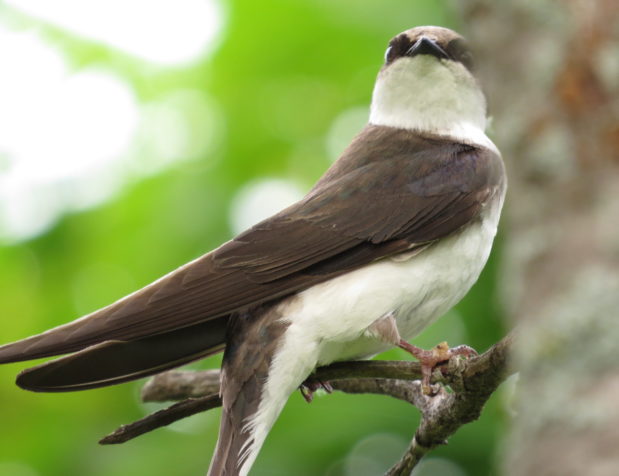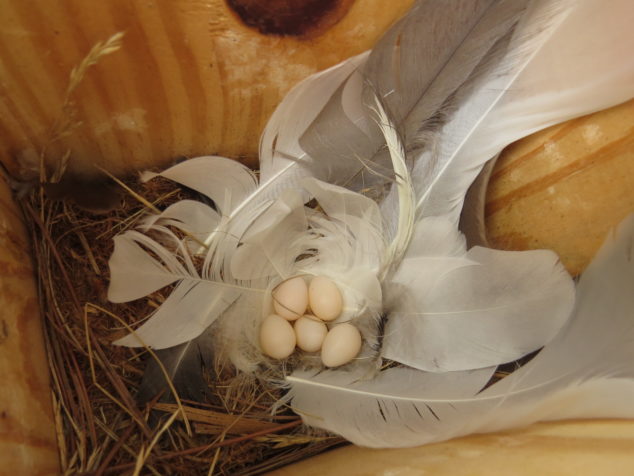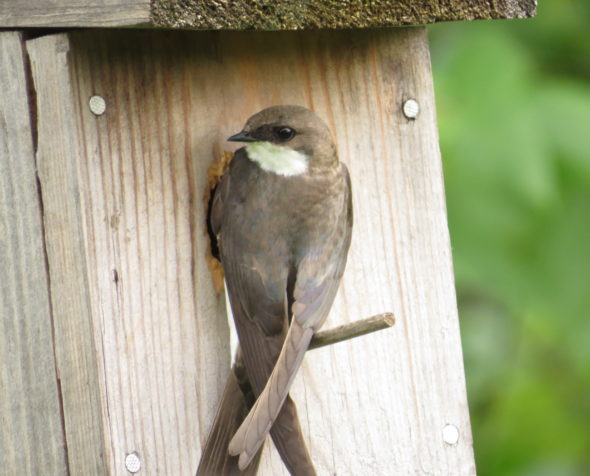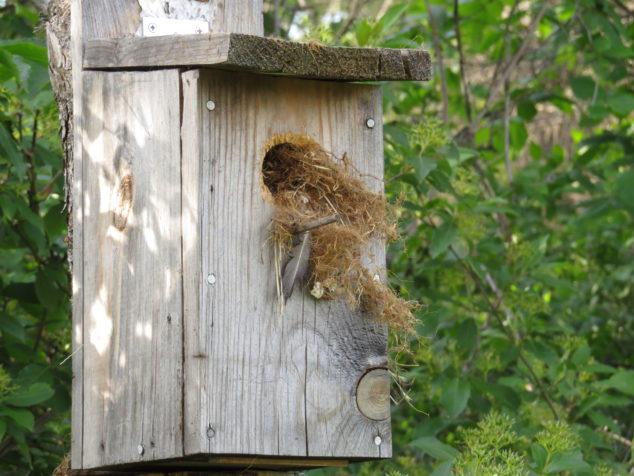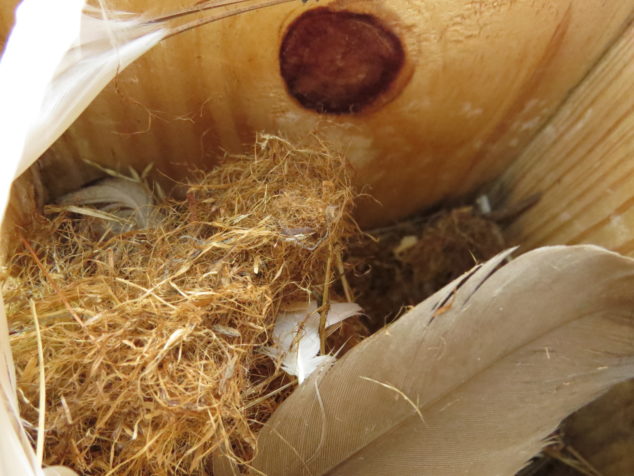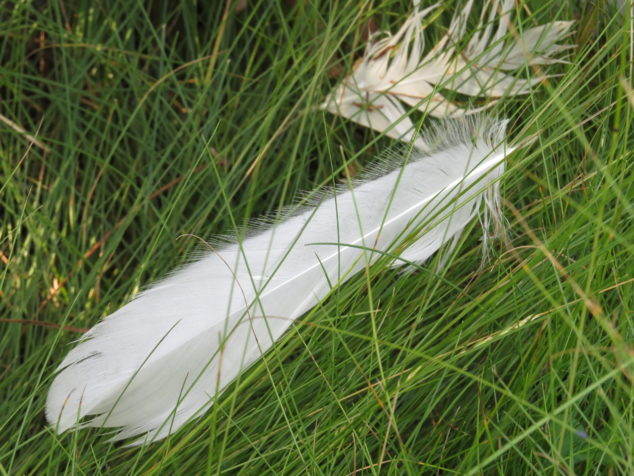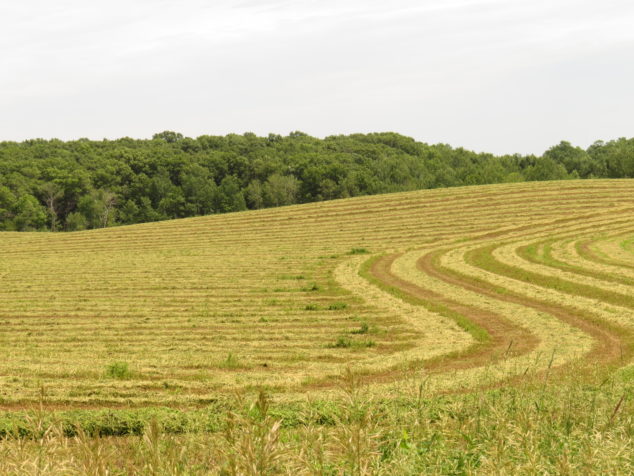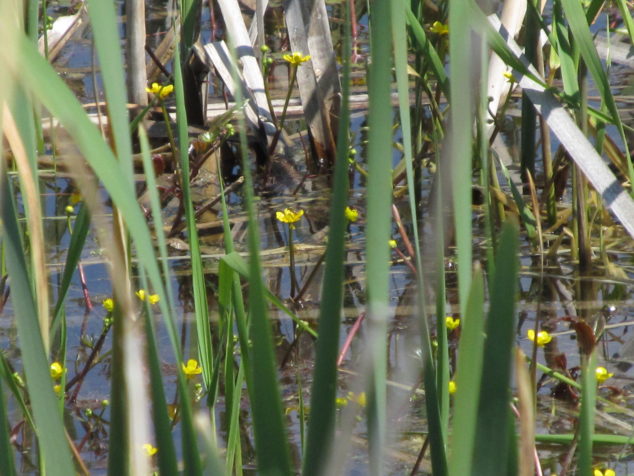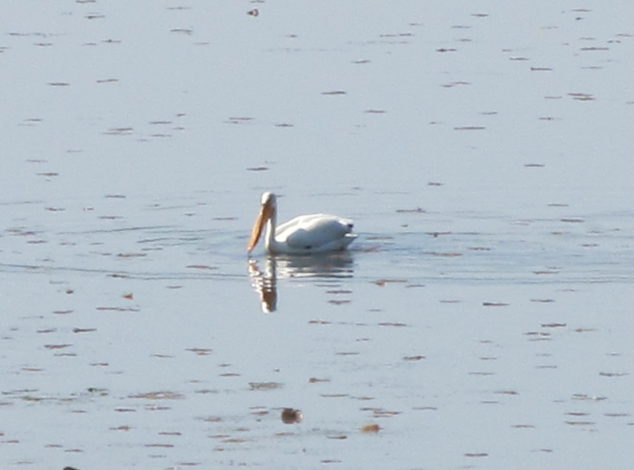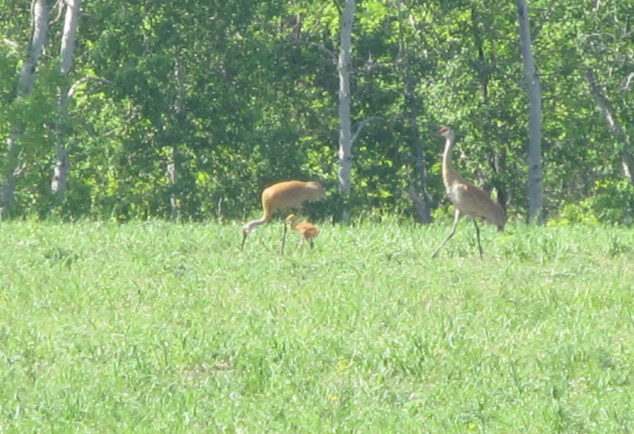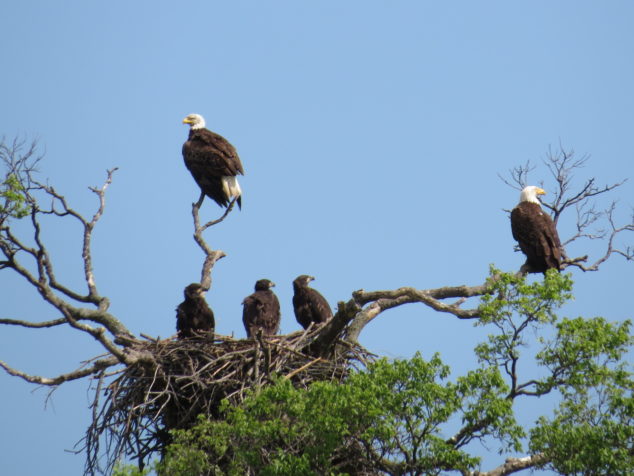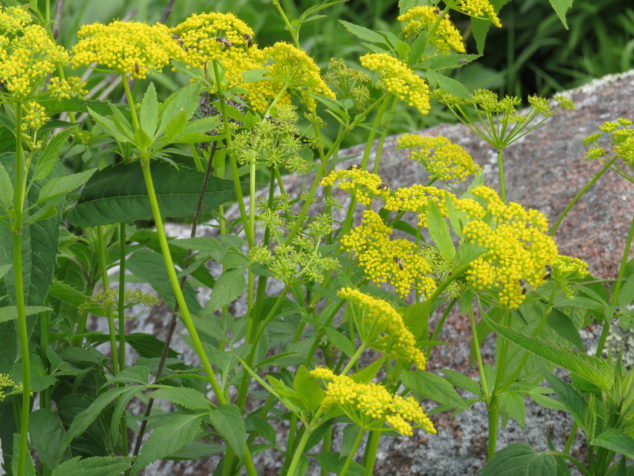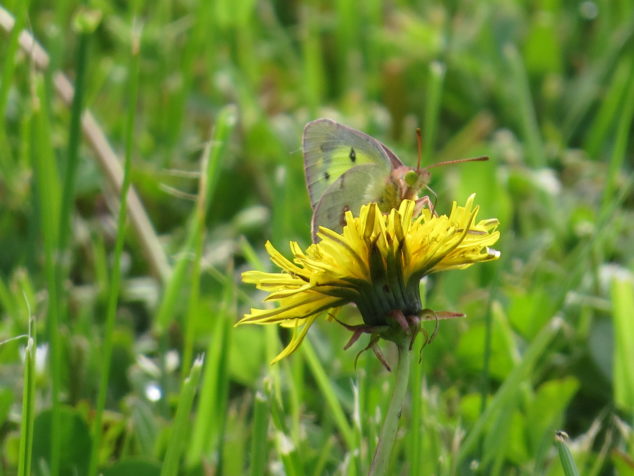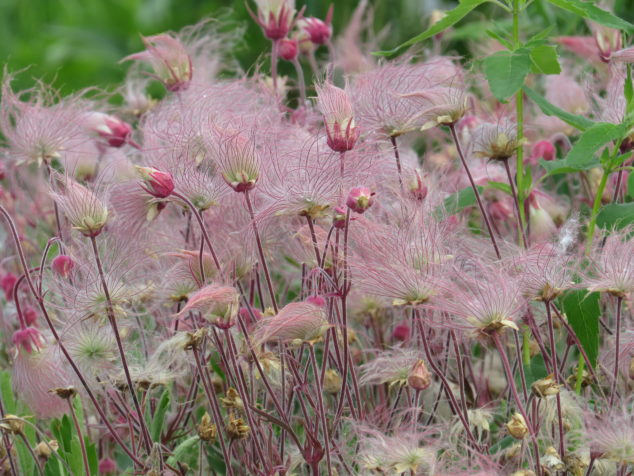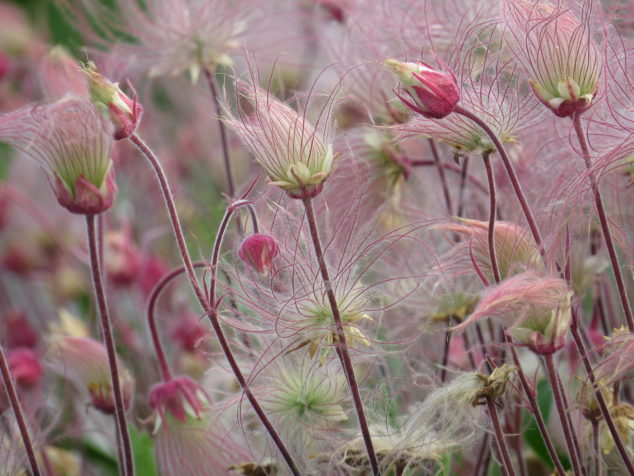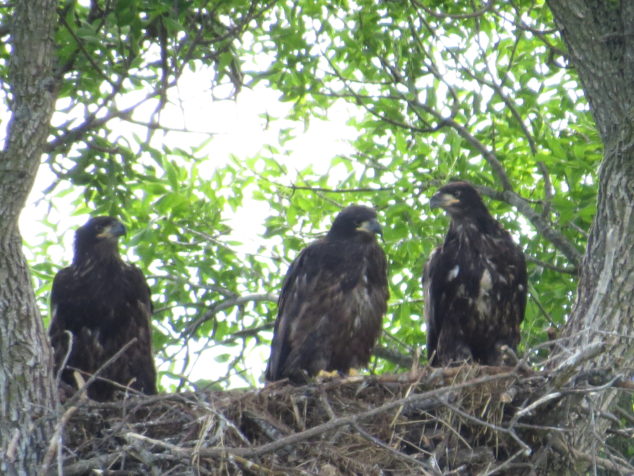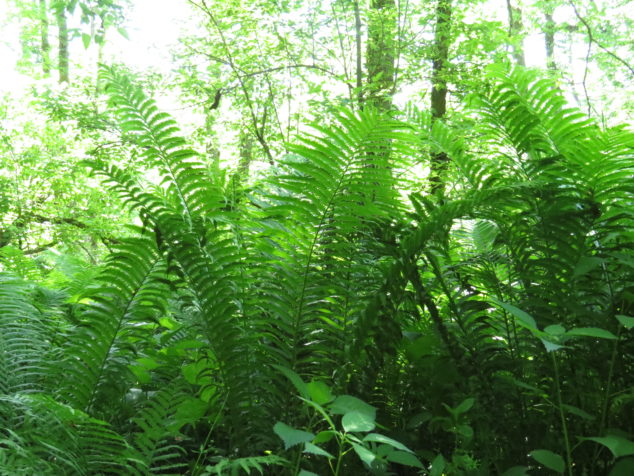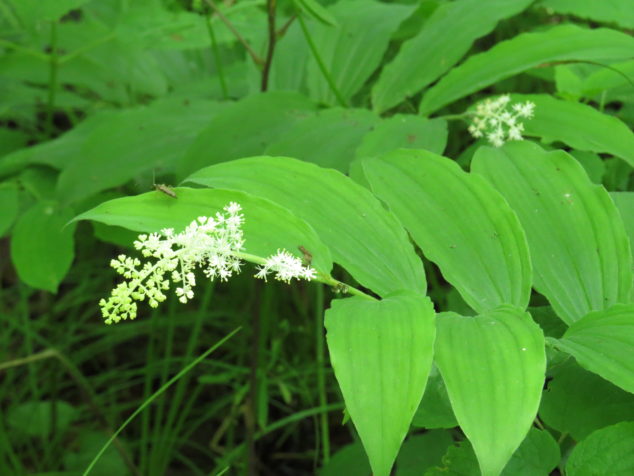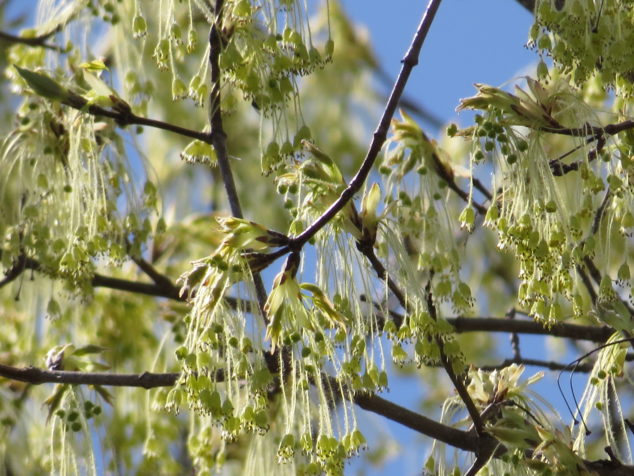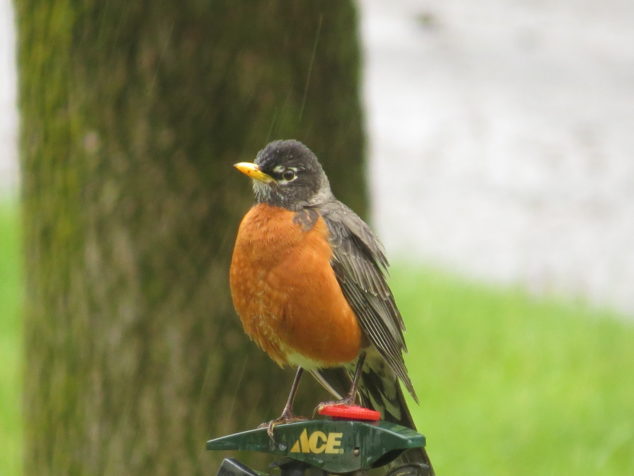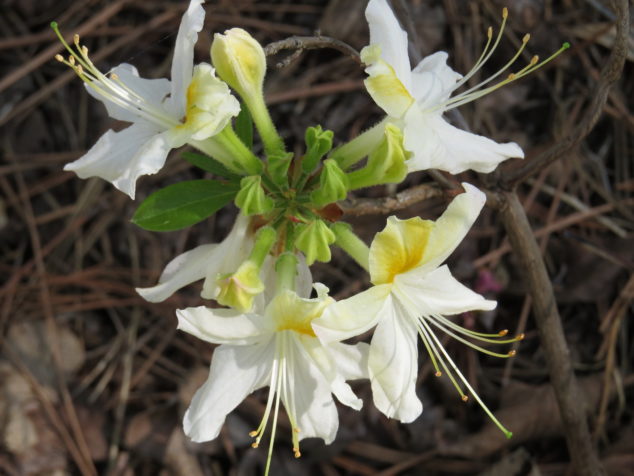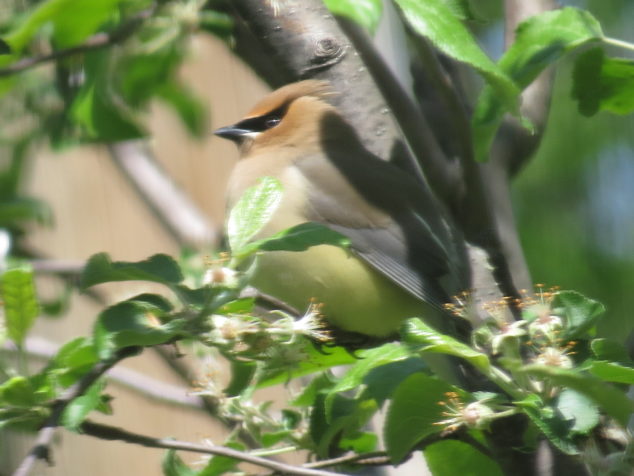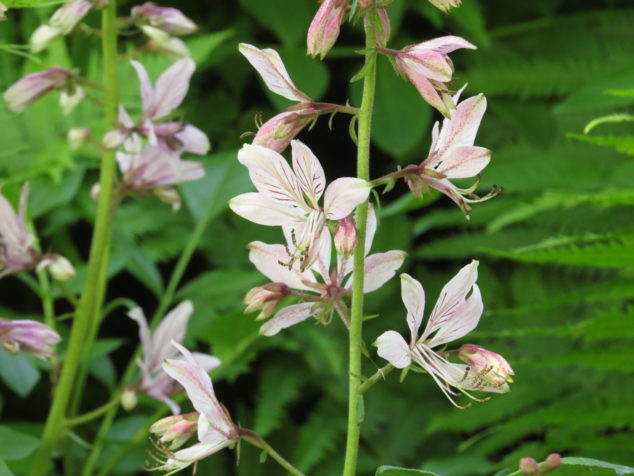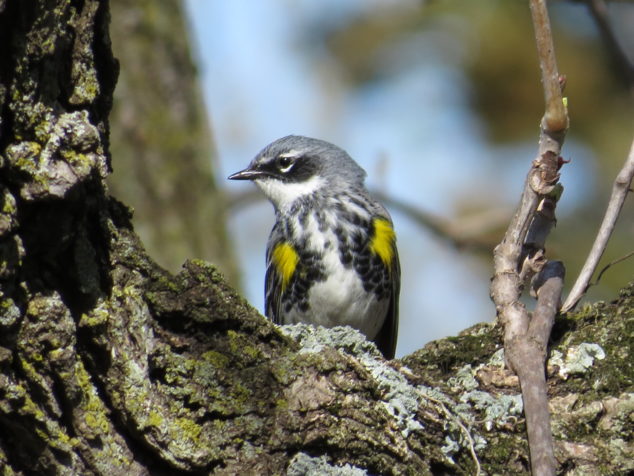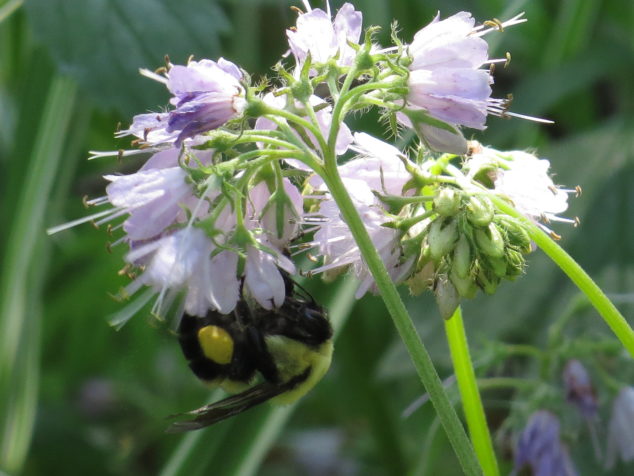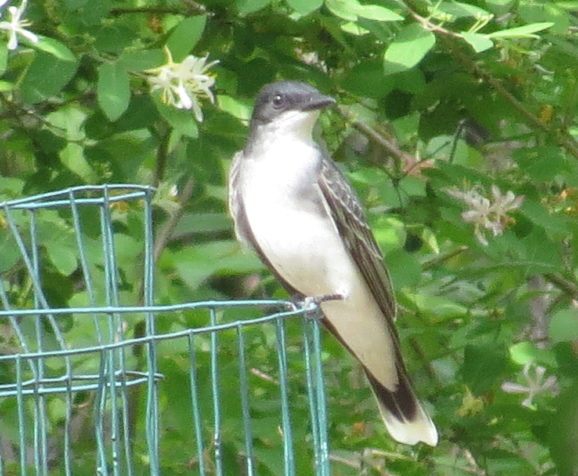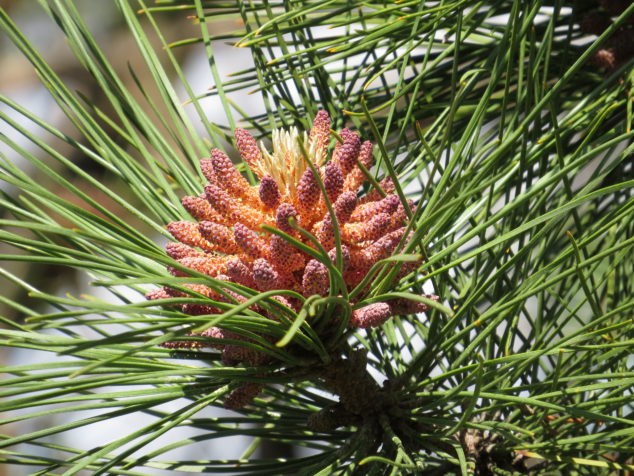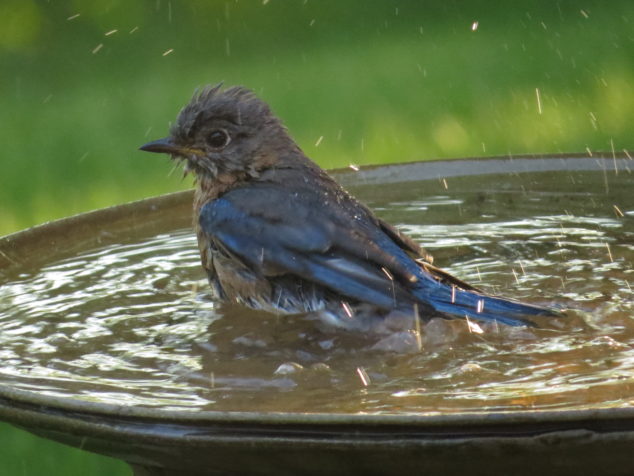I hear the soft wind sighing, in every bush and tree. The sound of my heart crying, when you are far from me.
When we’re apart, my darlin’, there’s sorrow in the wind. When we’re apart my darlin’, sweet sorrow in the wind.
*Sorrow in the Wind, written by American folk singer/songwriter Jean Ritchie, was recorded by Emmylou Harris on her Grammy winning album ‘Blue Kentucky Girl.’ Harmonies by Cheryl and Sharon White, simple guitar picking, and the cries of violin emote the very essence of the song. The word sorrow means distress, misery, and regret associated with loss, grief, disappointment, and sympathy for another’s suffering.
Many of us who have lived with animals know that our mammal friends feel sorrow when a special person or companion is gone from their lives. What about birds? I think we know less about this; however, from watching birds build intricate nests, fiercely protect their eggs and nests, and tirelessly provide food for the tiny young ones, I would guess that in some way, they know the sorrow of loss.
One of our bluebird nesting boxes was occupied by a Tree Swallow. She is a young female, as her plumage is mostly brown and not the iridescent blue and green of a mature bird. She flew from the nest and perched on a near-by tree branch when I took a peek into her house.
What a surprise when I looked in! The nest was lined with feathers of all sizes–my guess is they were goose and swan feathers from the River and wetland areas not far from our hill. Five blush white eggs nestled in the softness.
She cautiously returned to her nest when I moved far enough away.
Two days later, the evidence of a raid spilled from the nesting box.
The nest was torn up, broken egg shells were stuck to feathers and grass, and feathers were on the ground. I don’t know who raided her nest or why. But I felt sadness for her. She had carefully crafted her first amazing feather nest and had laid and warmed the beautiful little eggs.
And then suddenly, they were destroyed. Expectation and hope were dashed.
Nature has its ugly side. Perhaps the raider was the red squirrel who had chewed away at the hole of the nesting box earlier in the season. Maybe it was the aggressive House Wren that has since moved into the nesting box. Perhaps the young swallow couldn’t defend herself and her eggs as well as a mature bird. Who knows? Violence in Nature is often related to hunger and food, territory, or mating.
There’s sorrow in the wind in our world, too. The horror of forty-nine dead and many seriously injured people from the Orlando shooting just two weeks ago is still fresh in our minds and hearts. Dashed hopes and expectations. Destroyed lives. Not to mention the children and staff of Sandy Hook, the co-workers of San Bernardino, students and faculty at Virginia Tech, and the thousands of others who were killed at military bases, colleges, places of employment, and homes. And with each person killed there is a rippling circle of distress, loss, fear and grief among the family, friends, co-workers, first responders, and even bystanders. I hope we are all feeling deep sorrow. I hope we can feel not just sympathy, but empathy for those who are suffering. What if it were our child, our husband, our wife, father, mother, or loved one? The sound of our hearts crying should transform our daily lives to spread love, not hate, to practice patience, not annoyance, to commit to self reflection and peace, not blame and violence. Only then will the sweetness of the sorrow be revealed in the resurrection of faith, hope, and love.
Listen to Sorrow in the Wind
